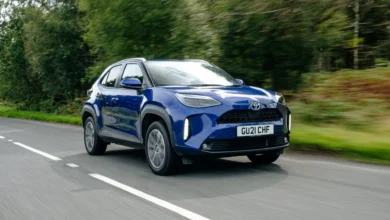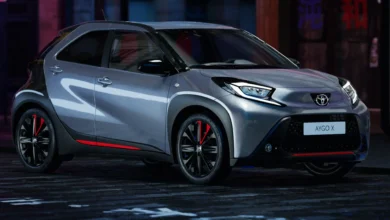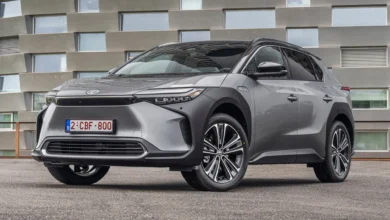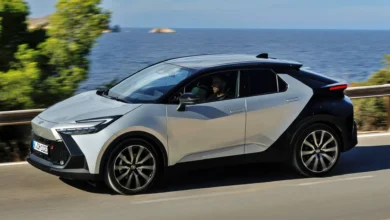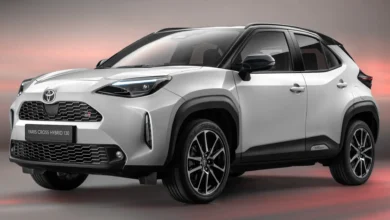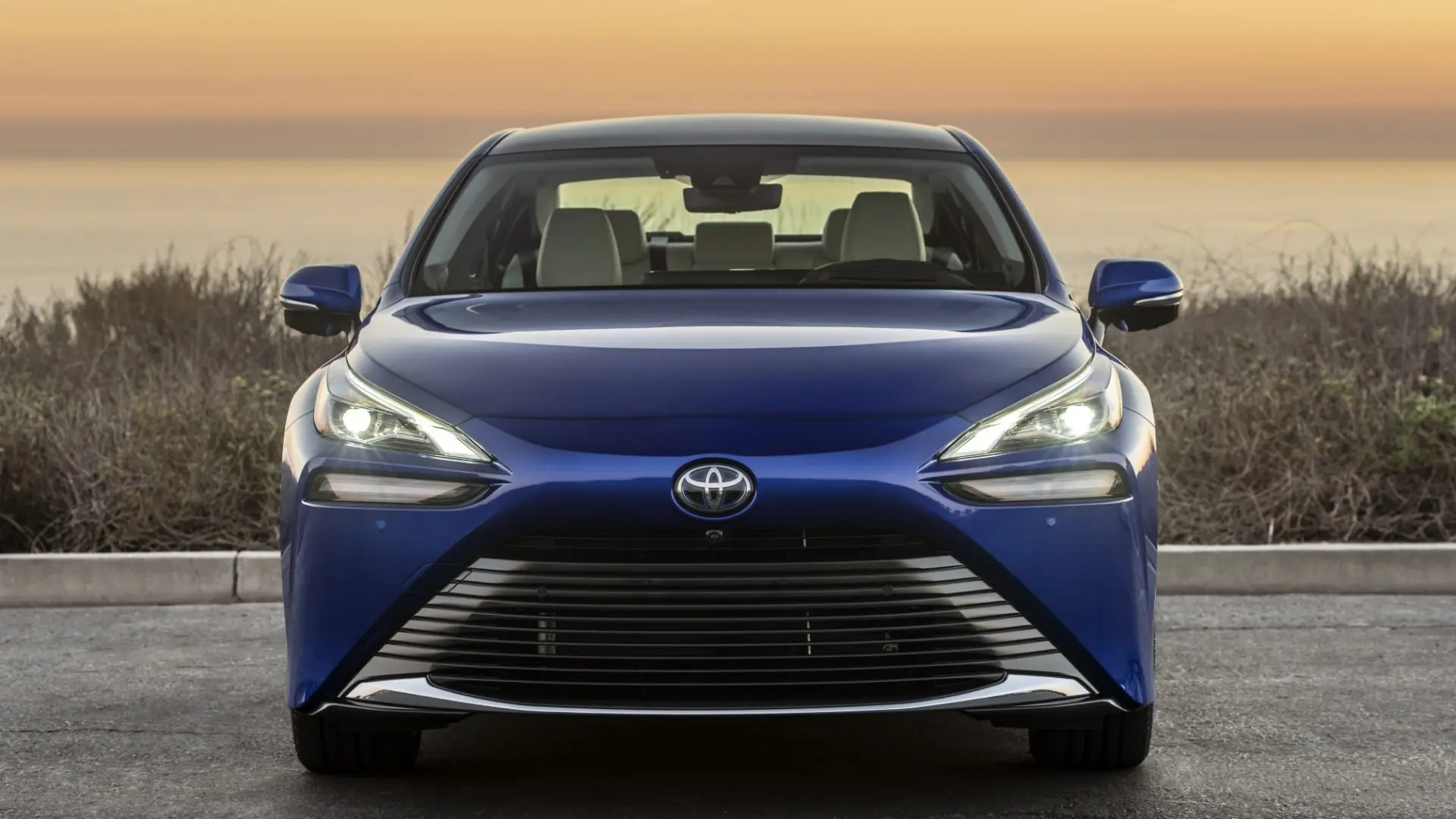
The electricity market is experiencing a sweet commercial stage and the alternatives pale before its strength. Hydrogen is not the best bet, at least for now. That’s what Toyota believes. Predicting the future is practically impossible, although certain signs can tell us where a situation may lead. The world is changing the way it moves. Electric cars powered by batteries occupy almost all the industry’s attention in the short or medium term. However, many consider that it cannot be the only way we get around. The options are multiple, but not very viable today. Hydrogen and fuel cells are a real alternative, but some drawbacks are hindering their implementation. Toyota is one of the brands that is most committed to this technology, although it now recognizes that it may be a mistake.
The Japanese mentality is very particular. We have seen it many times over the years. It is difficult for them to give up or give up. When they have an idea they stick with it until the end. Although this way of being has brought many headaches, it has also been the basis for great successes and innovations. Toyota is, without a doubt, the biggest bettor on electric mobility based on hydrogen. The Toyota Mirai has been on the market for two generations, although it cannot be said to be a commercial success. The car itself has no problem, quite the opposite. So much so that next year we will witness the launch of a new fuel cell vehicle.
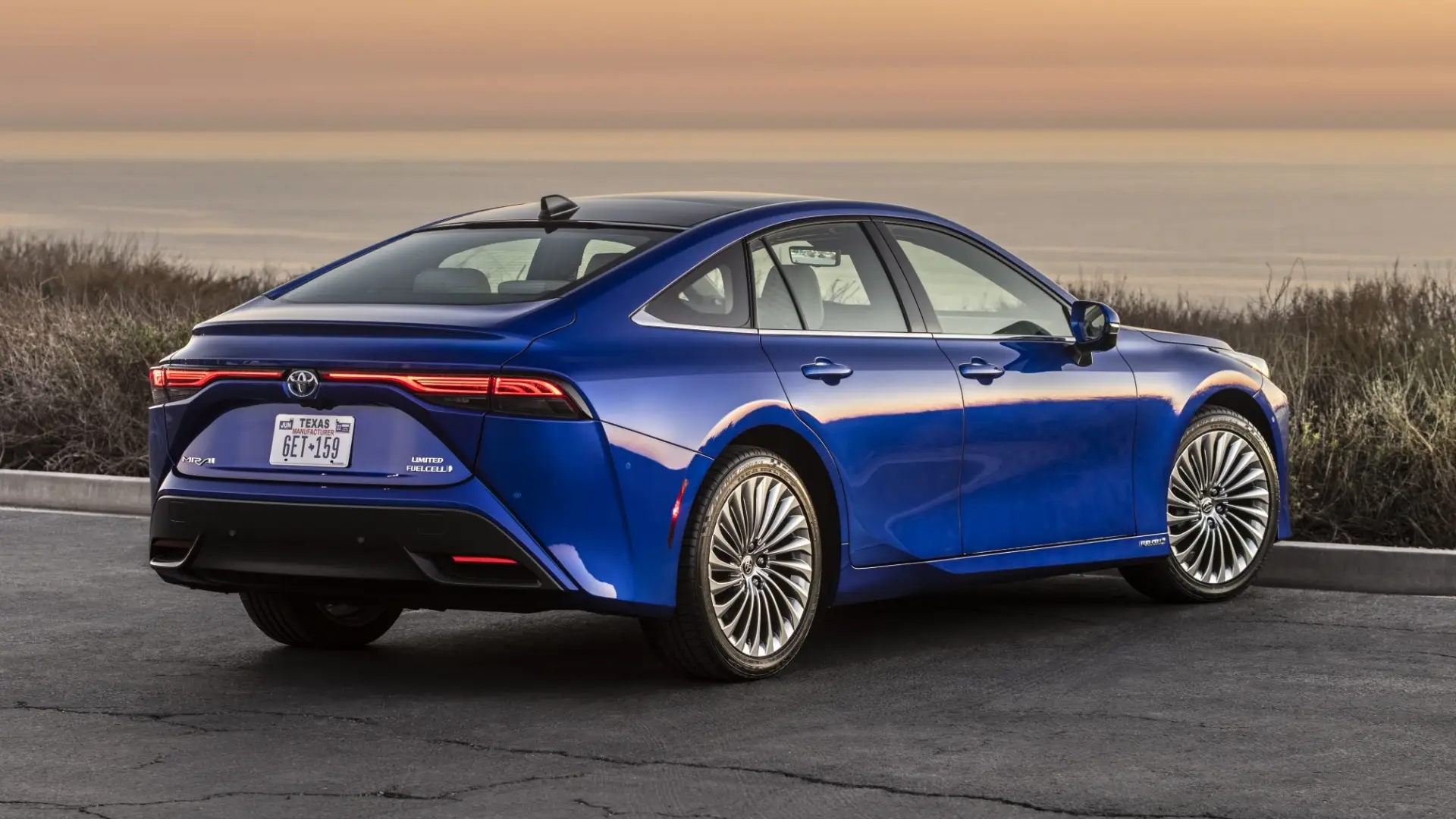
Despite the challenges, Toyota does not give up on hydrogen
During the Tokyo Mobility Salon, Toyota admitted that the Mirai has not been successful. Toyota’s chief technology officer, Hiroki Nakajima, has stated that the problem is with hydrogen refueling stations. Refueling points are scarce, if not non-existent, and many companies shy away from everything that has to do with hydrogen because it is excessively expensive and complex. A few weeks ago, Everfuel, one of the most important Danish companies in the supply of hydrogen, announced the closure of all stations at the end of this year.
Nakajima has declared to Autocar that hydrogen is the perfect solution for vehicles that travel, mainly, on routes whose beginning and end are the same point, that is, commercial vehicles. The last mile vans carry out daily jobs that start and end at a base where it would be logical and feasible to install a hydrogen station. This comment represents a change of mentality concerning what Toyota has stated to date. The Japanese could focus on the development of hydrogen-focused commercial vehicles.
They already gave us a preview a few weeks ago with the presentation of a Toyota Hilux FCEV. Meanwhile, Koji Sato, CEO of Toyota, has openly stated that the electric car is the “missing piece” in the company’s structure. And it is important to highlight that hydrogen ones are also. The Japanese sell more cars than ever, but electric cars resist them. Despite this recognition, Sato assures that his company must think on a global and multipurpose scale. Toyota will not focus exclusively on battery mobility, its goal is to focus on sustainability in multiple ways, in different propulsion systems, including hydrogen.
